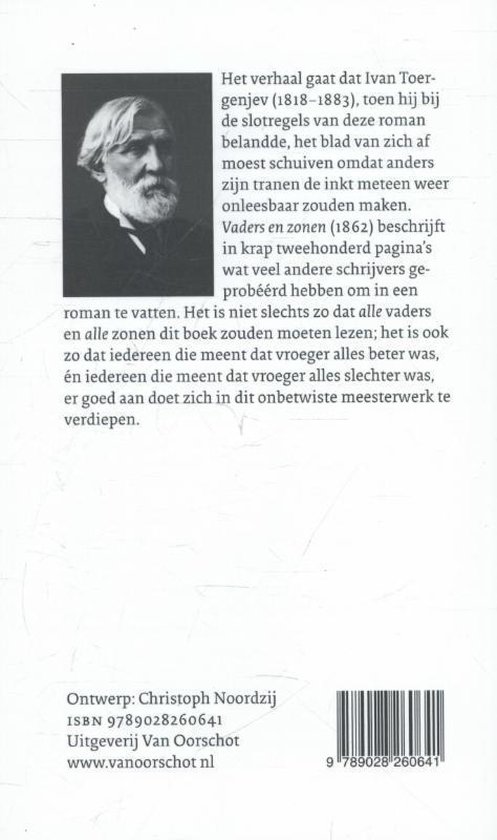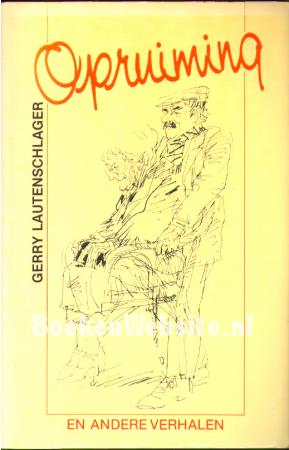
As he was independently wealthy, he had time to polish his efforts, for he did not depend on literature for his living (an economic reason for the inordinate length of many Russian novels is that Russian writers of the nineteenth century were paid according to the number of pages they produced). Turgenev was a genuine literary professional. His skill at painting with words, especially in his nature descriptions, has never been surpassed. He was a master of literary form and a superb stylist, with a command of the Russian language that was the envy of his contemporaries. Turgenev wrote primarily brief novels and short stories. The intellectual fashions may be against him at the moment and may remain so for some time, but Turgenev has never been totally eclipsed, and such a fate is scarcely likely to befall him in the near future. and which ensure that he will continue to be read both in his native country and in the West for as long as we can foresee.



His exquisitely planned, finely wrought books are "faded," they say the political issues that concerned him have long since lost their immediacy his approach is sentimental, even mawkish he supplies nourishment only to "those who find meat and drink in clouds and nymphs," in the words of an unkind contemporary scholar. MANY CRITICS NOW consider Ivan Turgenev the most dated of the great masters of the novel in nineteenth-century Russia.


 0 kommentar(er)
0 kommentar(er)
